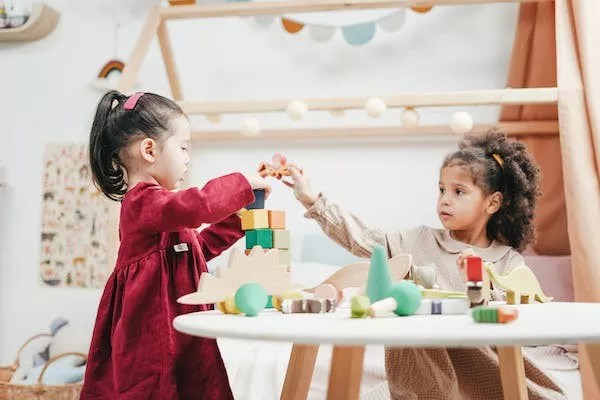In the fast-paced world we live in, providing children with a solid foundation through quality childhood education has never been more crucial. As parents and educators, we play a pivotal role in shaping the future of the younger generation. In this article, we will delve into the key aspects of childhood education, exploring the importance of early learning, effective educational activities for children, and the significance of fostering holistic development, cognitive skills, and social-emotional learning.
1. Early Learning: A Gateway to Lifelong Success
Early learning sets the stage for a child’s academic and personal success. According to a study by the National Institute for Early Education Research (NIEER), children exposed to quality early education programs are more likely to excel academically and demonstrate enhanced social skills. To kickstart your child’s educational journey, consider enrolling them in reputable preschool programs that focus on interactive and play-based learning experiences.
1.1 Play-Based Learning: A Proven Approach
Engaging children in play-based learning activities stimulates their imagination and creativity, laying the groundwork for a love of learning. Research from the American Academy of Pediatrics suggests that play is essential for the development of cognitive, language, and social skills. Look for preschools that incorporate play into their curriculum, fostering an environment where children can explore, experiment, and learn through hands-on experiences.
1.2 Reading Readiness: A Fundamental Skill
One of the cornerstones of early learning is fostering reading readiness. Studies conducted by the National Early Literacy Panel indicate that children who are exposed to language-rich environments and early literacy activities tend to develop stronger reading skills later in life. Make reading a daily ritual, introducing age-appropriate books to your child and engaging in discussions to enhance their language comprehension and communication skills.
2. Educational Activities for Children: Nurturing Inquisitive Minds
Childhood education goes beyond the classroom, extending into the home environment. Introduce a variety of educational activities to stimulate your child’s inquisitive mind and encourage a love for learning.
2.1 STEM (Science, Technology, Engineering, and Mathematics) Exploration
Incorporate STEM activities into your child’s routine to cultivate critical thinking and problem-solving skills. A report by the National Science Foundation suggests that early exposure to STEM activities enhances a child’s ability to think analytically. Simple experiments, building projects, and nature walks can make learning fun while fostering a curiosity about the world around them.
2.2 Artistic Expression: Unleashing Creativity
Encourage your child’s artistic expression as a means of promoting creativity and self-expression. Studies published in the Journal of Educational Psychology emphasize the positive impact of art on cognitive and emotional development. Provide a variety of art supplies and engage in creative projects, allowing your child to explore different mediums and develop their unique artistic style.
3. Holistic Development: Nurturing Mind, Body, and Soul
Childhood education should prioritize holistic development, addressing the physical, emotional, and cognitive aspects of a child’s growth.
3.1 Physical Activity: Building Healthy Habits
Promote physical activity to support the overall well-being of your child. The World Health Organization recommends at least 60 minutes of moderate to vigorous physical activity for children each day. Enroll your child in sports programs or encourage outdoor play to develop motor skills, improve coordination, and instill healthy habits from an early age.
3.2 Emotional Intelligence: A Foundation for Success
Foster emotional intelligence through activities that encourage self-awareness and empathy. Research published in the Journal of Applied School Psychology highlights the correlation between emotional intelligence and academic achievement. Engage in open conversations with your child, teaching them to identify and express their emotions while also understanding the feelings of others.
In conclusion, childhood education is a multifaceted journey that lays the groundwork for a child’s future success. By prioritizing early learning, incorporating diverse educational activities, and focusing on holistic development, parents and educators can empower children to reach their full potential. Embrace the opportunity to shape young minds, fostering a love for learning that will last a lifetime.


